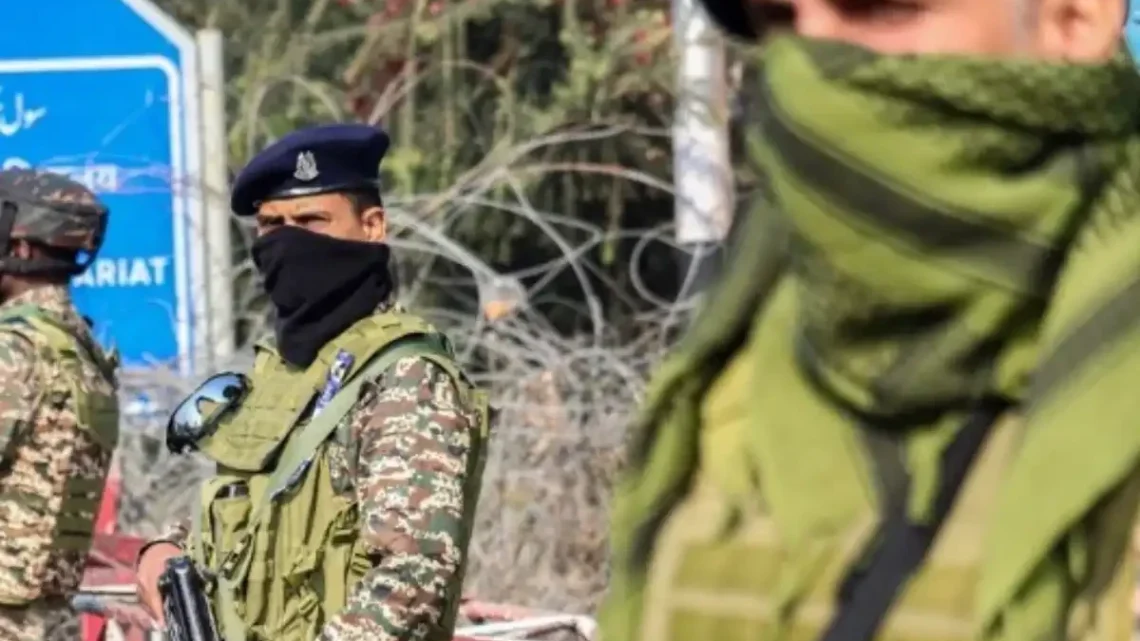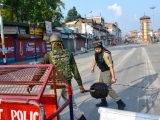
India’s Human Rights Violations in Kashmir Confront Global Scrutiny
November 13, 2024In the disputed region of Jammu and Kashmir, under Indian administration, human rights abuses continue to impact the lives of civilians, fueling both local and international concern. Ongoing reports from Kashmir highlight a spectrum of violations by Indian security forces, including extrajudicial killings, arbitrary detentions, and restrictions on civil liberties, raising serious questions about the region’s governance and the plight of its people.
Security forces in Jammu and Kashmir frequently conduct intense search operations, often resulting in extrajudicial killings of civilians and freedom fighters without transparent investigations or due process. Thousands of civilians, including political leaders, activists, and young people, have been detained under stringent laws like the Public Safety Act (PSA) and the Unlawful Activities (Prevention) Act (UAPA). These detentions, commonly made without charges or fair trials, highlight the legal framework being used to stifle dissent and political expression in the region.
Amid widespread protests, Indian forces have resorted to harsh tactics, including the use of pellet guns on unarmed demonstrators, a practice that has led to serious injuries, blindness, and psychological trauma among youth and children. Alongside the violent crackdown on protests, frequent lockdowns and internet blackouts severely restrict communication, freedom of movement, and access to essential information, impacting the lives of millions and isolating the region further.
Allegations of torture and custodial deaths remain a critical issue, with international human rights organizations raising alarms about the widespread reports of inhumane treatment. The discovery of mass graves and thousands of enforced disappearances have fueled demands for accountability, with families of the missing pleading for answers and closure. Journalists, human rights defenders, and advocates of free speech face harassment and threats, inhibiting coverage of the human rights crisis and stifling transparency.
Since the Indian government revoked Articles 370 and 35A in 2019, thereby nullifying Jammu and Kashmir’s semi-autonomous status, there have been policies that some view as attempts to change the region’s demographic composition by encouraging settlement of non-Kashmiris. This has raised concerns over the impact on the region’s cultural identity and the preservation of its Muslim-majority status. Restrictions on religious gatherings and access to places of worship further add to the discontent of the local Muslim population, curtailing their religious freedom and exacerbating communal tensions.
International condemnation has steadily grown. Organizations like Amnesty International and Human Rights Watch have publicly denounced India’s actions, calling for thorough investigations into allegations of abuse and accountability for those responsible. The pressing need for international intervention in Kashmir’s human rights crisis is echoed by many global voices, as Kashmir’s struggle for basic human rights continues to unfold amid one of the world’s longest-standing conflicts.

